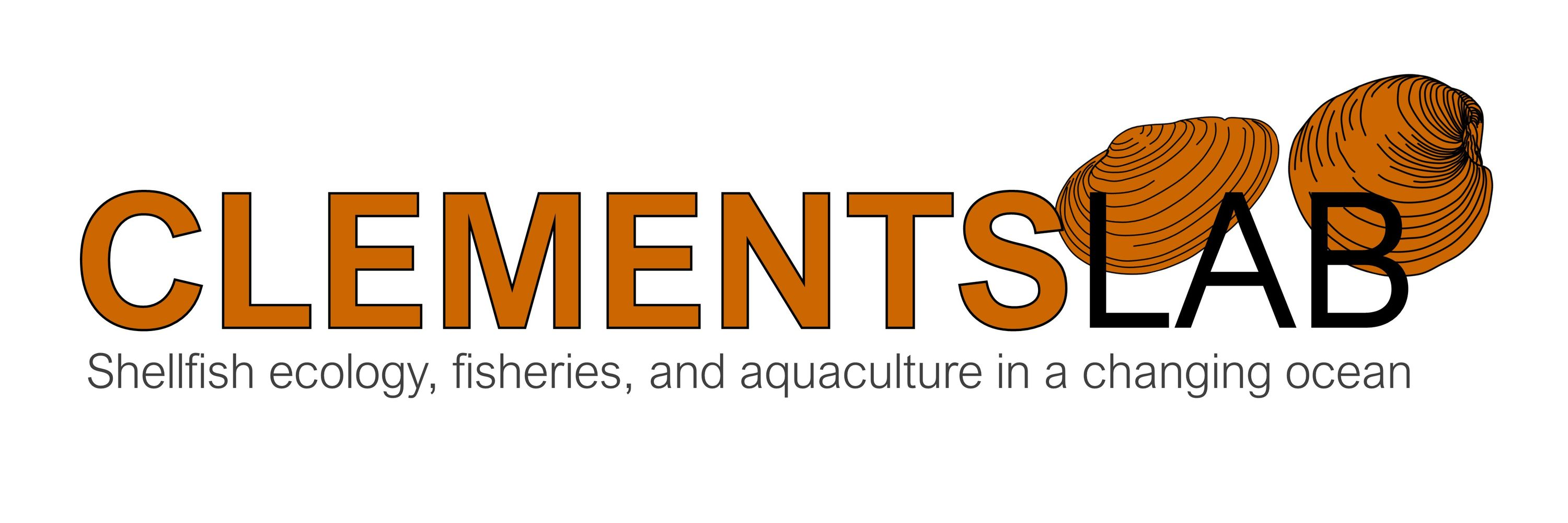
🌐 https://jclementsphd.ca
The older I get, the more of a homebody I become, and I can't wait for an extended vacation over the holidays.
The older I get, the more of a homebody I become, and I can't wait for an extended vacation over the holidays.
link.springer.com/article/10.1...

link.springer.com/article/10.1...

After his sudden passing in July 2024, it only seemed fitting that we solidify his legacy in the scientific record.

After his sudden passing in July 2024, it only seemed fitting that we solidify his legacy in the scientific record.



